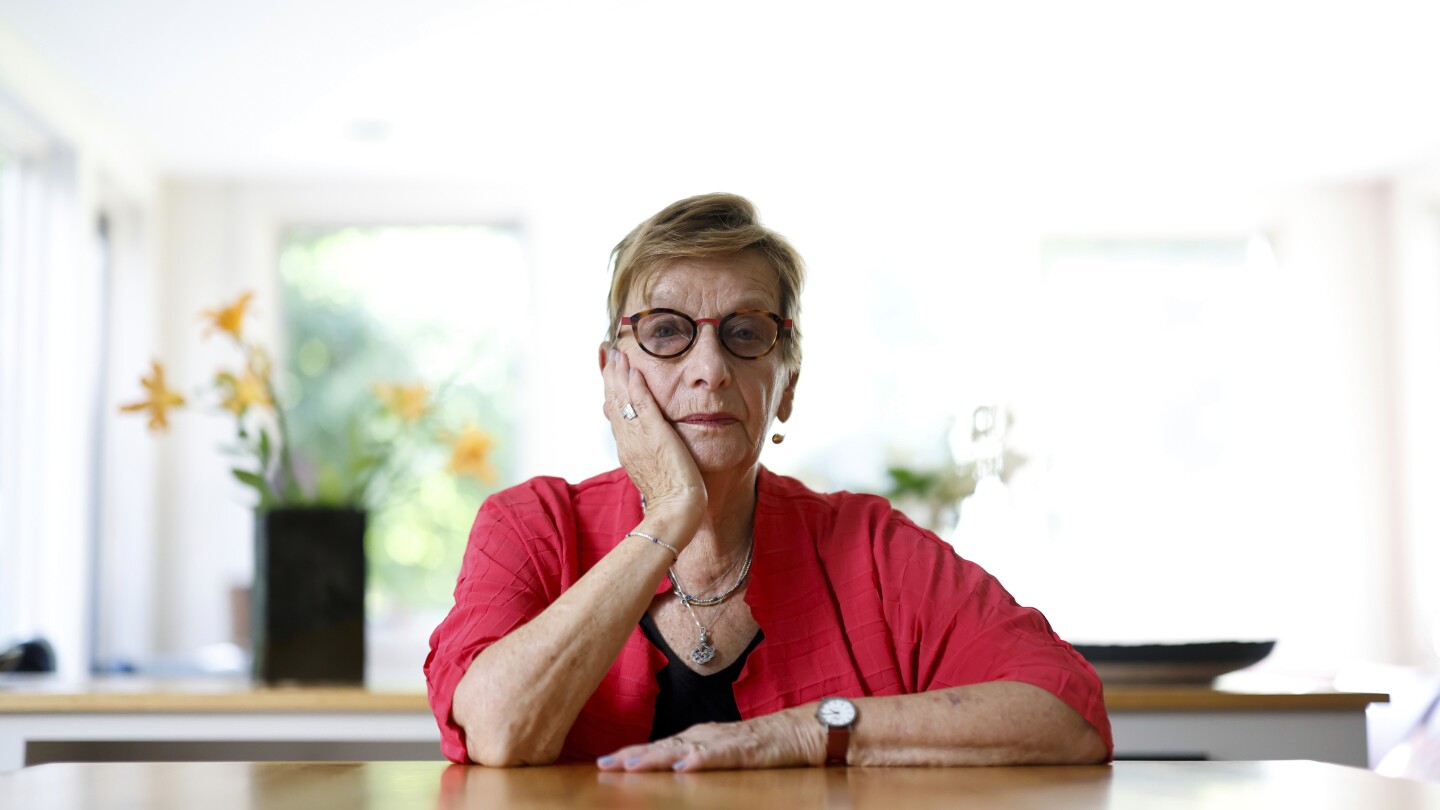For years, Marianne Hirsch, a prominent genocide scholar at Columbia University, has used Hannah Arendt’s book about the trial of a Nazi war criminal, “Eichmann in Jerusalem: A Report on the Banality of Evil,” to spark discussion among her students about the Holocaust and its lingering traumas.
But after Columbia’s recent adoption of a new definition of antisemitism, which casts certain criticism of Israel as hate speech, Hirsch fears she may face official sanction for even mentioning the landmark text by Arendt, a philosopher who criticized Israel’s founding.
For the first time since she started teaching five decades ago, Hirsch, the daughter of two Holocaust survivors, is now thinking of leaving the classroom altogether.



Nazism and Zionism share a lot more that just the letters N, Z, I, and M.